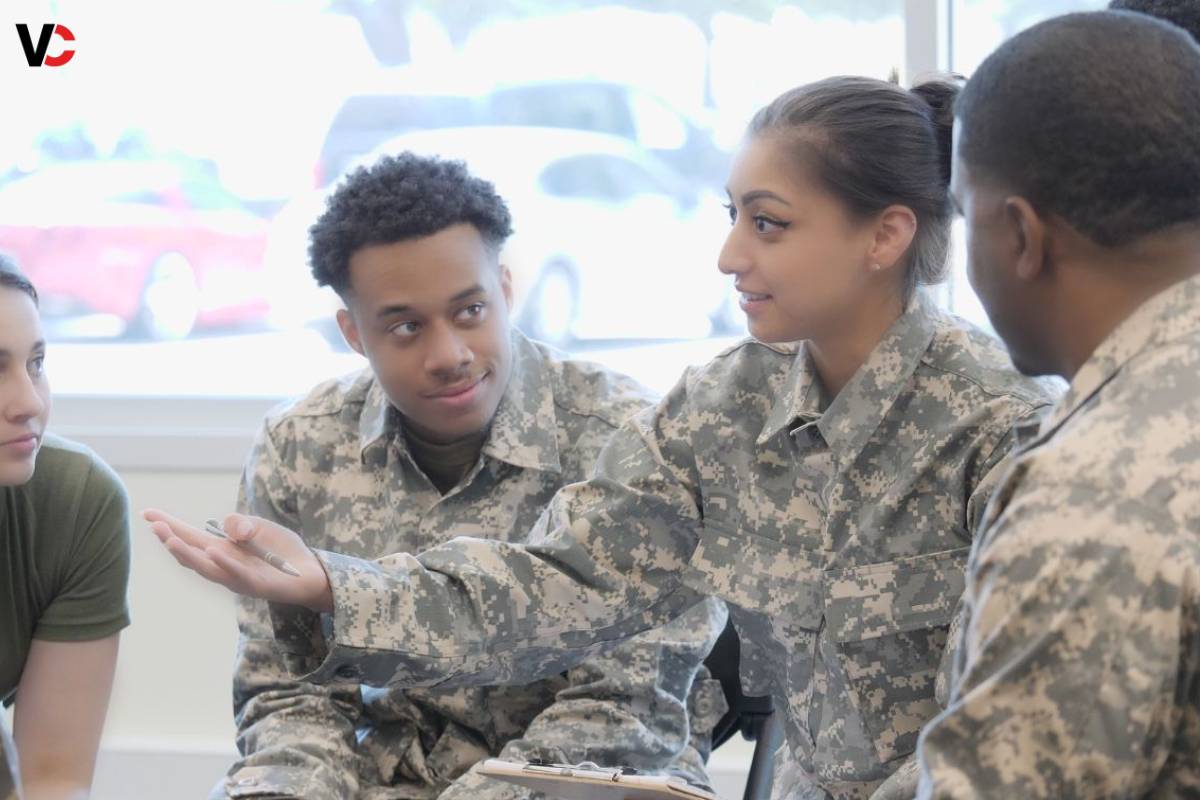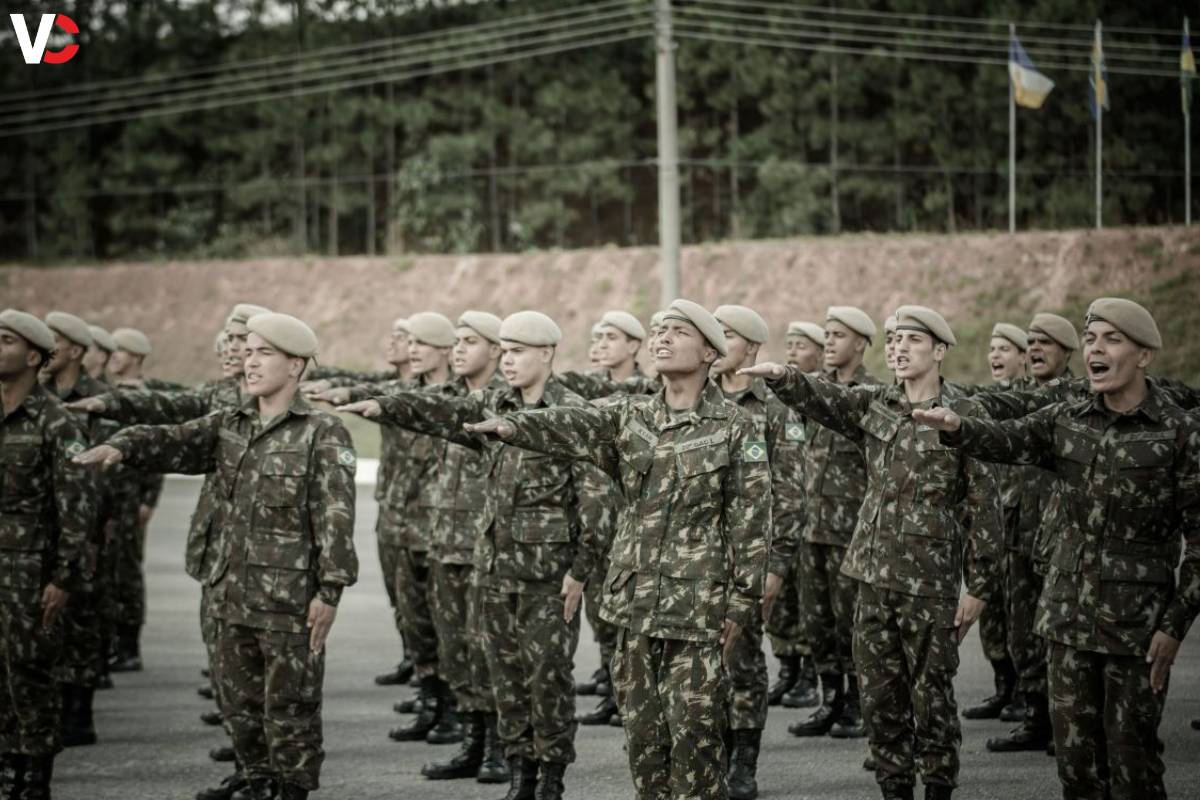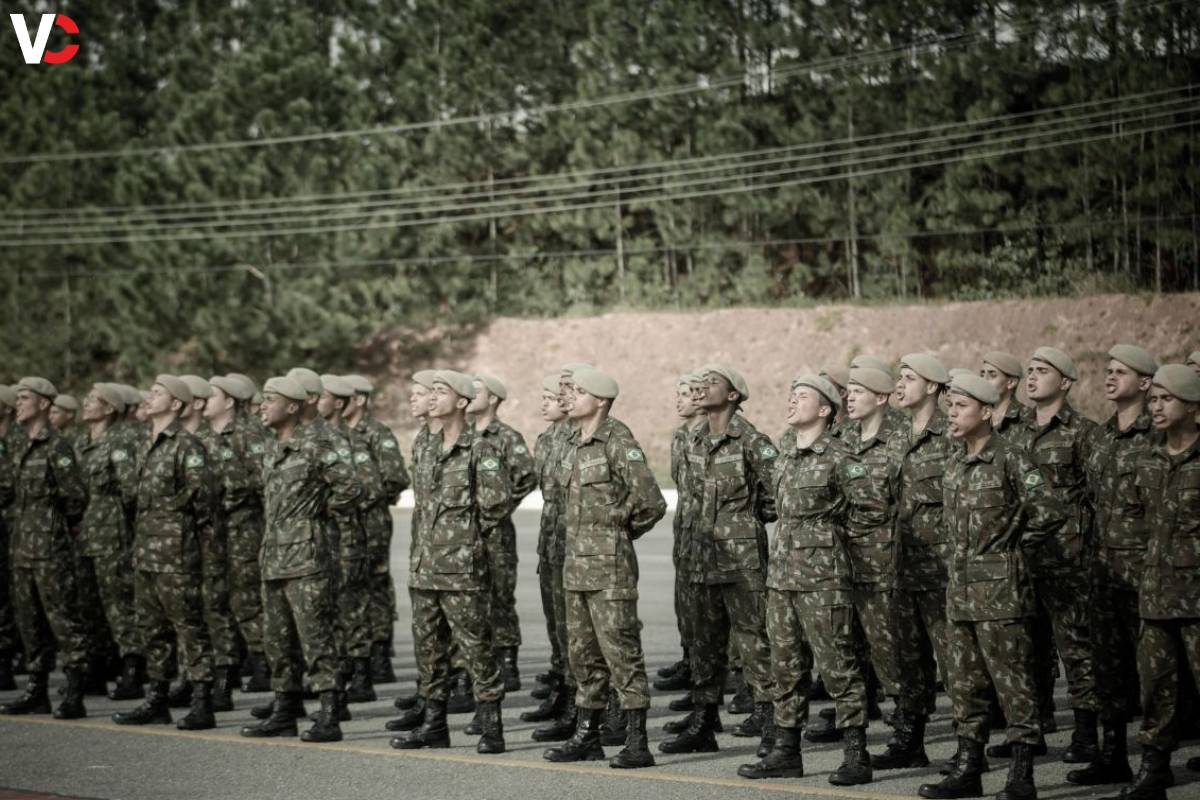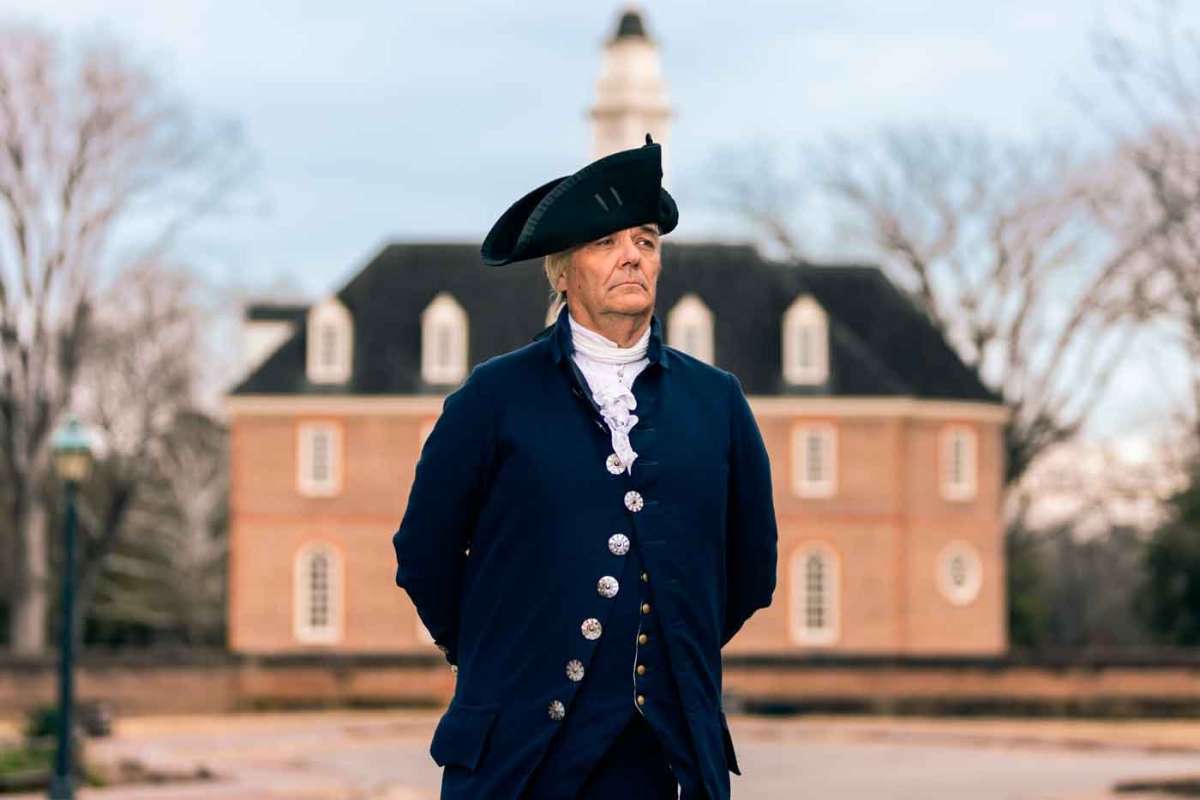Military leadership stands as a beacon of strength, discipline, and strategy, guiding soldiers through the toughest of terrains, both physical and psychological. It transcends the boundaries of the armed forces, offering profound lessons applicable to various spheres of life. In this comprehensive exploration, we delve into the essence of military leadership, uncovering its defining traits, strategies, and the profound impact it leaves on individuals and organizations.
Understanding Military Leadership
Military leadership epitomizes the art of guiding and inspiring individuals to achieve common goals amidst adversity. It encompasses a spectrum of leadership styles, ranging from authoritarian to participative, each tailored to suit diverse operational scenarios. At its core, military leadership thrives on a foundation of discipline, integrity, and decisiveness, instilling a sense of purpose and direction within troops.
Strategies for Effective Military Leadership
Effective military leadership is rooted in a myriad of strategies honed through experience and adaptability. One such strategy is the cultivation of trust and camaraderie within units, fostering a cohesive bond that transcends individual differences. Moreover, adept communication skills serve as a linchpin, ensuring clarity of objectives and seamless execution of missions. Furthermore, strategic foresight and the ability to anticipate and mitigate risks are indispensable traits that distinguish exceptional military leaders.
Here are 5 strategies for strong military leadership:
1. Lead by Example

Military leaders understand the power of setting the standard through personal conduct. By exemplifying traits like courage, integrity, and dedication, they inspire their troops to emulate these qualities, fostering a culture of excellence and accountability within the unit.
2. Effective Communication
Clear and concise communication is paramount in the military, where lives often depend on swift and accurate information. Leaders adept at articulating objectives, issuing orders, and providing feedback ensure that every member of the team understands their role and responsibilities, enhancing operational efficiency and cohesion.
3. Adaptability and Flexibility
The fluid nature of warfare demands leaders who can swiftly adapt to changing circumstances and make informed decisions under pressure. Flexibility in tactics, strategies, and resource allocation enables military leaders to outmaneuver adversaries and achieve mission success even in the most challenging environments.
4. Empowerment and Delegation
Successful military leaders recognize the strengths and expertise of their subordinates and empower them to take ownership of tasks and initiatives. By delegating authority and fostering a sense of ownership, leaders not only lighten their own burden but also cultivate a culture of initiative and innovation within the ranks.
5. Continuous Learning and Improvement
Military leaders understand that complacency is the enemy of progress. They prioritize professional development and lifelong learning, seeking out opportunities to enhance their skills, expand their knowledge base, and stay abreast of evolving technologies and tactics. This commitment to self-improvement not only keeps leaders at the forefront of their field but also inspires others to invest in their own growth.
Traits of Exceptional Military Leaders:
Exceptional military leaders possess a constellation of traits that set them apart on the battlefield and beyond. Courage, both physical and moral, lies at the heart of their endeavors, enabling them to lead by example in the face of adversity. Additionally, resilience and adaptability equip leaders to navigate through the dynamic and unpredictable nature of warfare. Furthermore, empathy and emotional intelligence foster a deep understanding of the human aspect of leadership, fostering trust and loyalty among subordinates. Here are some traits of exceptional military leadership:
1. Courage
Perhaps the most fundamental trait of military leadership, courage enables leaders to confront danger, uncertainty, and adversity with resilience and resolve. Whether facing enemy fire on the battlefield or making tough decisions in the boardroom, courageous leaders inspire confidence and rally their troops to overcome seemingly insurmountable challenges.
2. Integrity
Integrity forms the bedrock of trust and credibility in military leadership. Leaders who uphold high ethical standards, adhere to their values, and demonstrate honesty and transparency in their actions earn the respect and loyalty of their subordinates, fostering a culture of integrity and accountability within the organization.
3. Resilience

Military leaders must weather setbacks, failures, and setbacks with resilience and determination. In the face of adversity, resilient leaders remain steadfast, maintaining morale and motivation among their troops and leading by example with unwavering resolve and optimism.
4. Empathy
Effective military leaders understand the human dimension of leadership and demonstrate empathy and compassion towards their subordinates. By listening attentively, understanding their concerns, and providing support and encouragement, empathetic leaders build strong bonds of trust and camaraderie, fostering a sense of belonging and unity within the unit.
5. Strategic Vision
Military leaders possess a keen understanding of the bigger picture and exhibit strategic vision in planning and executing missions. By anticipating future challenges, identifying opportunities, and formulating clear objectives and strategies, visionary leaders guide their troops towards long-term success and sustainability.
The Impact of Military Leadership
The impact of military leadership reverberates far beyond the confines of the battlefield, permeating through the fabric of society and organizations. In the corporate realm, the principles of military leadership inspire teams to strive for excellence, fostering a culture of accountability and teamwork. Similarly, in educational institutions, the cultivation of leadership skills based on military principles prepares students for the challenges of tomorrow’s world, instilling in them a sense of duty and responsibility.
1. Operational Effectiveness
Effective military leadership directly correlates with operational effectiveness, as skilled leaders maximize the capabilities of their troops and resources to achieve mission success. Through strategic planning, decisive decision-making, and effective execution, military leaders ensure that objectives are accomplished efficiently and with minimal risk to personnel and resources.
2. Unit Cohesion
Strong leadership fosters a sense of unity, camaraderie, and trust within military units, enhancing cohesion and morale. When troops have confidence in their leaders and each other, they work together more effectively, communicate more openly, and support one another through adversity, ultimately strengthening the overall effectiveness and resilience of the unit.
3. Professional Development

Military leaders play a pivotal role in shaping the development and growth of their subordinates. By providing mentorship, guidance, and opportunities for training and advancement, leaders empower their troops to reach their full potential, fostering a culture of continuous learning and improvement that benefits both individuals and the organization as a whole.
4. Organizational Culture
The leadership style and values espoused by military leaders shape the organizational culture and ethos of the armed forces. Leaders who prioritize integrity, accountability, and teamwork instill these values throughout the ranks, creating a culture of excellence and professionalism that permeates every aspect of military operations.
5. Legacy and Inspiration
The impact of military leadership extends beyond the battlefield, leaving a lasting legacy that inspires future generations of leaders. Through their actions, achievements, and the values they embody, exemplary military leaders serve as role models and sources of inspiration, shaping the ethos of leadership in the armed forces and society at large for years to come.
Challenges and Opportunities in Military Leadership:
While military leadership embodies resilience and fortitude, it is not without its share of challenges. The complexities of modern warfare, coupled with geopolitical dynamics, demand leaders to constantly adapt and innovate in the face of evolving threats. Moreover, the ethical dilemmas inherent in decision-making underscore the importance of upholding moral integrity and ethical principles in all endeavors. However, amidst these challenges lie opportunities for growth and transformation, wherein leaders emerge stronger and more resilient than before.
Conclusion:
In conclusion, military leadership stands as a testament to the indomitable spirit of human endeavor, embodying the virtues of courage, discipline, and resilience. Through effective strategies, steadfast traits, and profound impact, military leaders inspire individuals and organizations to transcend their limitations and strive for greatness. As we navigate through the complexities of the modern world, the lessons gleaned from military leadership serve as guiding beacons, illuminating the path toward a brighter and more prosperous future.
Also Read: Unleashing Creativity and Inspiration with Leadership Clipart








.jpg)









